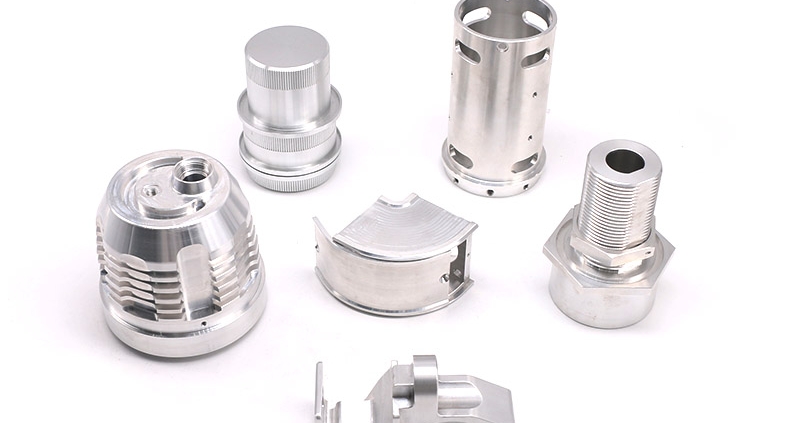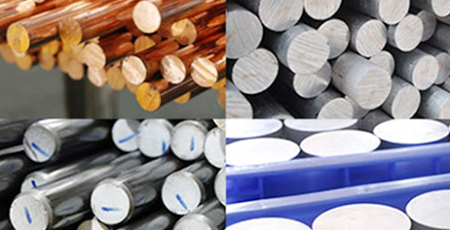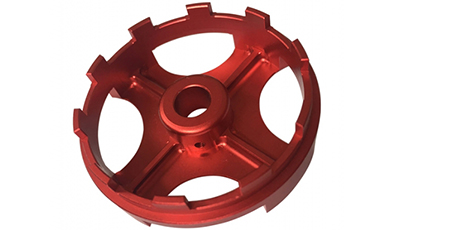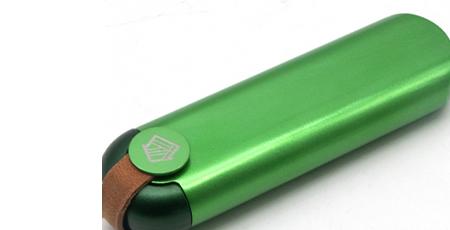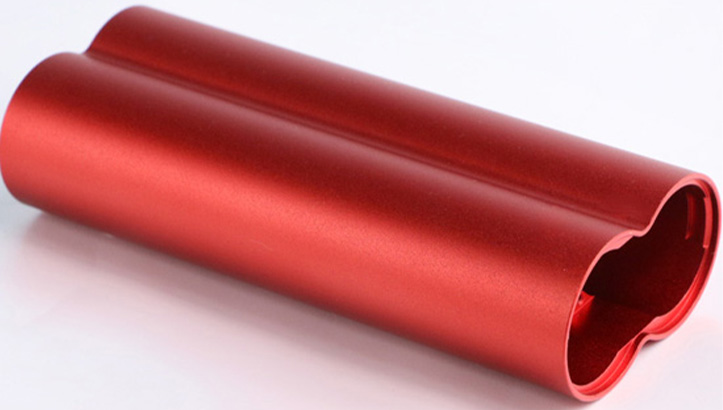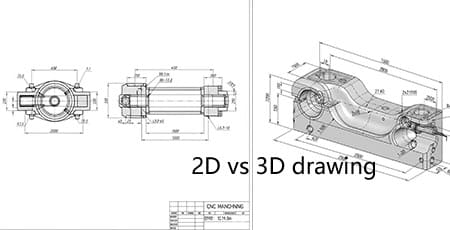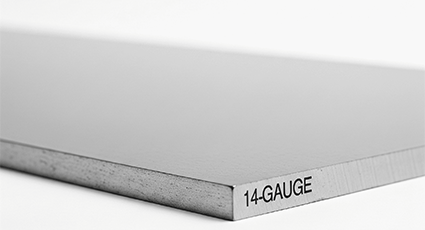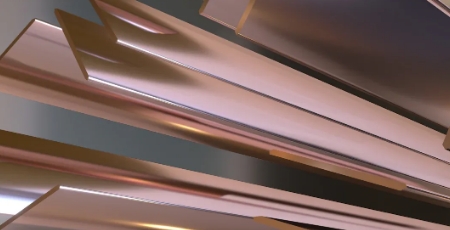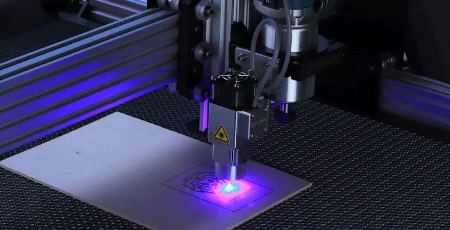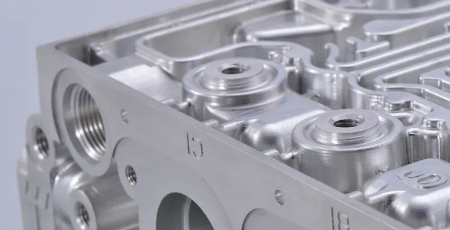CNC aluminum refers to the process of using computer numerical controlled machines to precisely shape aluminum parts. It’s an ideal method for producing components requiring tight tolerances and excellent surface finishes, widely used across various industries for its efficiency and accuracy.
CNC metal machining is a highly effective solution for manufacturing precision metal cutting products and CNC metal parts. CNC machining manufacturers utilize advanced CNC machine tools to process steel and other CNC materials, ensuring exceptional tolerances and finishes to meet the needs of a variety of industries, from automotive to medical.
Anodizing is an electrochemical process that forms a protective oxide layer on the surface of your metal parts. Primarily, aluminum anodizing is common, but you can also have other non-ferrous metals like titanium and magnesium anodized.
Anodized aluminum electrochemically creates a protective oxide layer that creates a durable, corrosion-resistant and beautiful surface. The process significantly improves the material’s surface hardness, wear resistance and acceptance of a wide range of colors, making anodized aluminum ideal for many applications.
The fading of anodized aluminum colors is primarily caused by prolonged UV exposure, improper cleaning agents, and certain environmental factors. Proper material selection, precise anodised process control, and appropriate aftercare are key to maintaining the longevity of anodized colors.
2D drawings show flat views of an object, mainly focusing on length and width, while 3D drawings give a full, detailed view from all angles, making it easier to understand and build complex and high precision parts accurately.
Measuring approximately 0.0747 inches (1.905 mm) thick, 14 gauge steel is a durable and adaptable material. VMT specializes in CNC machining and sheet metal processing services for 14 gauge steel plates. With 15 years of industry experience, we have delivered over 15,000 high-precision parts.
You encounter UNS N02201 when you work with pure nickel alloys that require low carbon content. This material follows the ASTM B162-99 standard, which sets the rules for rolled nickel plate, sheet, and strip. At Machining, VMT’s team helps you select the right process and tools for your project.
CNC Logo Cutting gives you unmatched precision, speed, and flexibility for branding, signage, and custom fabrication. Start your CNC logo cutting at VMT, we ensures consistent results, whether you need a single sign or a large production run.
Powder coating makes aluminum look nice and stay strong. The finish is tough and can handle bad weather, scratches, and fading for a long time. Getting the surface ready and putting on the powder right helps it work best.

